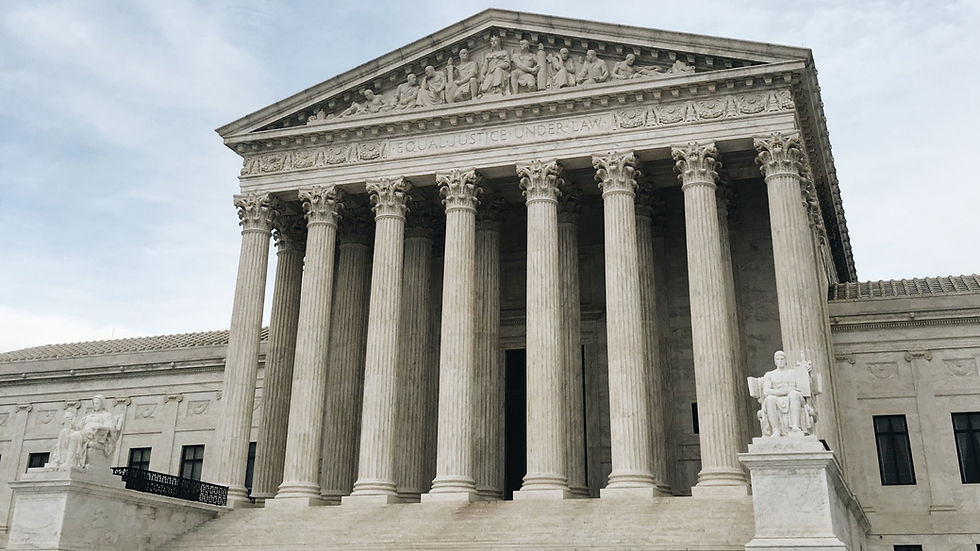SCOTUS Finds "Equitable Apportionment" Applies to Interstate Groundwater in Win for Amicus NYCBA
- Nov 22, 2021
- 2 min read

The United States Supreme Court today unanimously decided an issue of first impression in the United States: Transboundary groundwater is subject to the principle of equitable apportionment. Draper & Draper filed a brief arguing for this outcome on behalf of amicus curiae New York City Bar Association in the case Mississippi v. Tennessee, Orig. 143.
The Supreme Court announced today that the aquifer underlying Mississippi and Tennessee is a "transboundary resource" containing water that flows naturally between the States, and that therefore any claim that pumping in one state is affecting the groundwater in the other state must be one for equitable apportionment. In dismissing Mississippi's tort claim, the Court rejected the argument that Mississippi's sovereign ownership over its lands means that it also has unfettered ownership of flowing interstate waters.
The Courts' reasoning parallels the approach under international law and practice, which Draper & Draper argued the Court should consider on behalf of Amicus Curiae the International Law Committee of The New York City Bar Association. The New York City Bar, founded in 1870, is one of the oldest bar associations in the United States. It has more than 25,000 members. Matthew Draper, John Draper and Corinne Atton of Draper & Draper were on the brief.
Draper & Draper’s brief urged the Supreme Court to consider provisions of the United Nations 1997 Convention on the Law of the Non-Navigational Uses of International Watercourses and the United Nations International Law Commission 2006 Draft Articles on the Law of Transboundary Aquifers. The amicus curiae brief can be dowloaded here:
Mississippi v. Tennessee, Orig. 143, was one of three original jurisdiction interstate water dispute cases pending before the United States Supreme Court.

This article is easy to understand and very helpful. I discovered Verma Law Firm while looking for a lawyer in Mississauga.